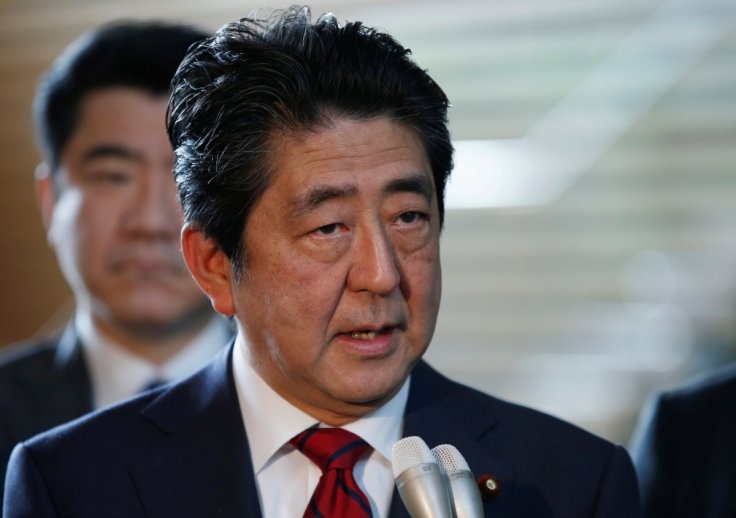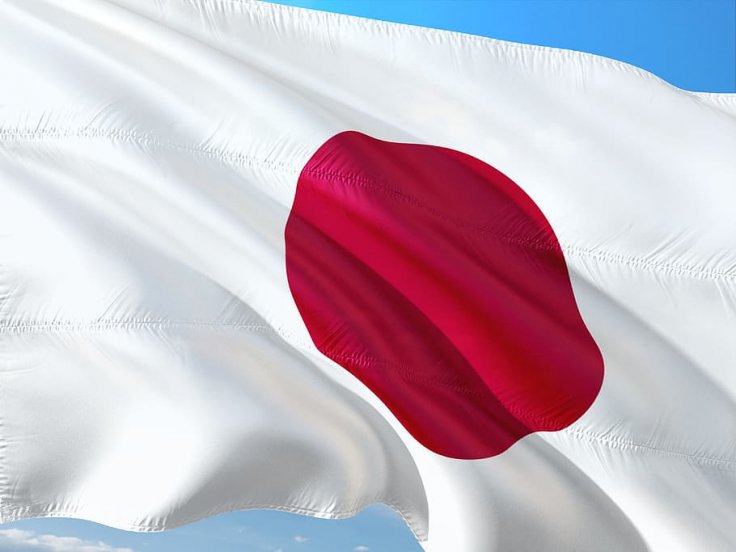Japanese Prime Minister Shinzo Abe returned to a Tokyo hospital on Monday for another round of checkup amid rising concerns about his deteriorating health due to fatigue from handling the coronavirus crisis. This is Abe's second visit to the hospital in less than a week and once again raises questions on his ability to continue as the prime minister of the country.
The news comes on a day when Abe also became the longest-serving leader of Japan in terms of the number of consecutive days in office. However, Abe himself had brushed off worries about his deteriorating health during his previous visit, saying that it was a "routine checkup".
What's Affecting Abe's Health?

Abe's second visit to a hospital in less than a week has once again raised concerns over his health, which insiders say has been on the decline due to the extreme fatigue from handling the coronavirus crisis. Government spokesman Yoshihide Suga told reporters at a regular briefing that Abe was receiving "additional testing" after a check up last week. Last week, Abe underwent a series of tests and examination that lasted over seven-and-a-half hours.
"I see him every day and I don't see any change in him," Suga said. Doctors at Keio University Hospital in Tokyo last week said that Abe came for some additional tests as he didn't have enough time during his earlier visit in June.
That said, Abe suffers from some chronic ailments for which he is under medication for years. He has chronic ulcerative colitis and has spoken of struggling with it since junior high school. His first term ended abruptly 13 years ago because of health problems, fueling concerns about his current condition. Ulcerative colitis is an inflammatory bowel disease that can cause ulcers in the lining of the colon and rectum and is considered incurable. Symptoms include diarrhea, abdominal cramping, weight loss and fatigue. Although moderate cases can be treated with corticosteroids, this is no long-term treatment for the ailment and side effects include bone loss, high blood pressure and weight gain.
Who Can Succeed Abe?

Abe's return to hospital in less than a week comes on a day he completed as the longest-serving leader in office in Japan. Monday marked Abe's 2,799th consecutive day in office since coming in power as Japan's Prime Minister for the second time in late 2012. The previous record was held by Eisaku Sato, his great-uncle, who served 2,798 straight days from 1964 to 1972.
Abe, who will turn 66 in September, became Japan's longest-serving prime minister last November, combining his earlier one-year term. However, this time speculation is rife that he may not be able to continue for long given his deteriorating health.
If Abe resigns on his own, he would still stay on until formally replaced, which would require the ruling Liberal Democratic Party (LDP) to elect a new leader, who would then be formally elected in parliament. However, if he suddenly falls ill and is unable to continue further, Deputy Prime Minister Taro Aso, who doubles as finance minister, would take over temporarily as the country's leader.

Shigeru Ishiba is another possible replacement for Abe. The former defense minister has been one of the biggest LDP critics of Abe, and regularly tops surveys of lawmakers whom voters want to see as the next premier. However, he is less popular with the party's lawmakers.
Fumio Kishida, 63, who served as foreign minister under Abe from 2012 to 2017 is another choice. Kishida is believed to be a sensible leader although Abe kept all the diplomacy in his grip during Kishida's tenure. Also, he ranks low in voter surveys when it comes to comparing him as Abe's successor.
That said, Abe's precise health condition is still unknown. Ulcerative colitis may lead to complications and include increased risk of colon cancer, clots in blood vessels, and a perforated colon. According to the Kyodo news agency, Abe gets a regular check-up twice a year to check for cancer, with his most recent on June 13.








